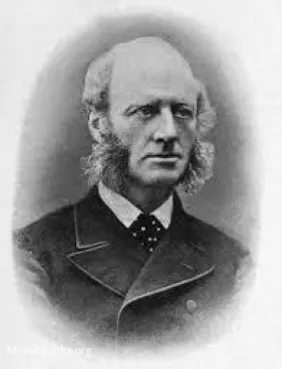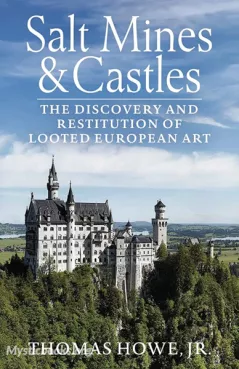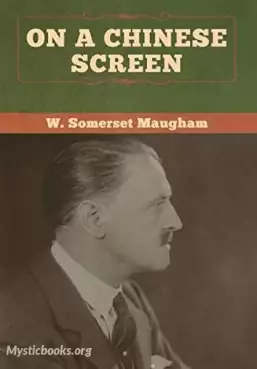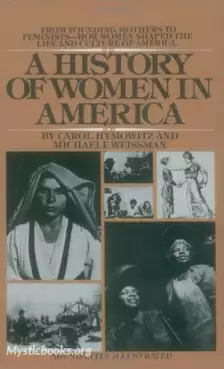
The Moors in Spain
'The Moors in Spain' Summary
The Moors in Spain is a classic history book by Stanley Lane-Poole that tells the story of the Muslim conquest of Spain and its legacy. The book begins with the arrival of the Moors in Spain in the 8th century and follows their history until their expulsion in the 15th century.
The Moors were a Muslim people from North Africa who crossed the Strait of Gibraltar in 711 CE and conquered most of Spain. They ruled Spain for over 700 years, during which time they made significant contributions to Spanish culture, science, and art.
The Moors brought with them their own language, religion, and culture, which blended with the existing Spanish culture to create a unique and vibrant civilization. They built beautiful mosques and palaces, developed irrigation systems that made agriculture possible in the dry climate of Spain, and introduced new crops and technologies. They also made important contributions to mathematics, astronomy, and medicine.
The Moors were eventually expelled from Spain in the 15th century, but their legacy remains to this day. Many Spanish words and place names are of Arabic origin, and Spanish architecture and cuisine still bear the influence of Moorish culture.
The Moors in Spain is a fascinating and complex story of conquest, culture, and conflict. It is a story of how a small group of Muslim warriors from North Africa conquered and ruled Spain for over 700 years, leaving a lasting legacy that can still be seen today.
Book Details
Language
EnglishOriginal Language
EnglishPublished In
1886Genre/Category
Tags/Keywords
Authors

Stanley Lane-Poole
British
Stanley Lane-Poole was an accomplished English historian, writer, and orientalist who lived from 1854 to 1931. He was born into a family of distinguished scholars and intellectuals, and from a young a...
Books by Stanley Lane-PooleDownload eBooks
Listen/Download Audiobook
- Select Speed
Related books

A History of England by Charles William Chadwick Oman
It is a captivating and informative book that takes young readers on a remarkable journey through the rich tapestry of England's past. Written by Oman...

British Goblins: Welsh Folk-lore, Fairy Mythology, Legends and Traditions by Wirt Sikes
This book delves into the rich tapestry of Welsh folklore, exploring the origins and geographical distribution of legendary creatures like goblins and...

Salt Mines and Castles: The Discovery and Restitution of Looted European Art by Thomas Carr Howe
The book explores the efforts of the Monuments, Fine Arts, and Archives program, also known as the "Monuments Men," to locate and return stolen artwor...

Chinese Sketches by Herbert Allen Giles
Herbert Giles, a British diplomat who served in China from 1867 to 1893, provides insightful observations on Chinese culture and society in 'Chinese S...

On a Chinese Screen by W. Somerset Maugham
It is a series of short sketches Maugham made during a trip along the Yangtze River in 1919–1920, and although ostensibly about China the book is equa...

Oscar Wilde: His Life and Confessions by Frank Harris
Consumers of biography are familiar with the division between memoirs of the living or recently dead written by those who "knew" the subject more or l...

Women of America by John Ruse Larus
The present volume completes the story of woman as told in the series of which it forms part. The history of nations is, in its ultimate analysis, lar...

Wind by Robert Louis Stevenson
LibriVox volunteers bring you 13 different recordings of The Wind by Robert Louis Stevenson. This was the weekly poetry project for the week of March...

Gentle Art of Faking by Riccardo Nobili
This book delves into the fascinating world of art forgers and counterfeiters throughout history, exploring the methods and motivations behind their d...

Anatomy of the Human Body, Part 4 (Gray's Anatomy) by Henry Gray
This is a classic anatomy textbook that was first published in 1858 and has been in continuous publication ever since. It has been revised and expande...
Reviews for The Moors in Spain
No reviews posted or approved, yet...